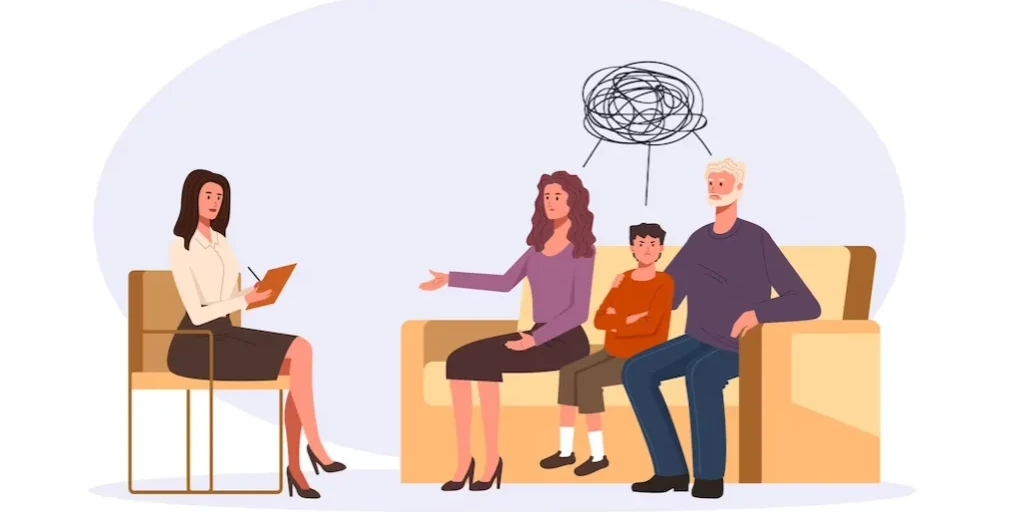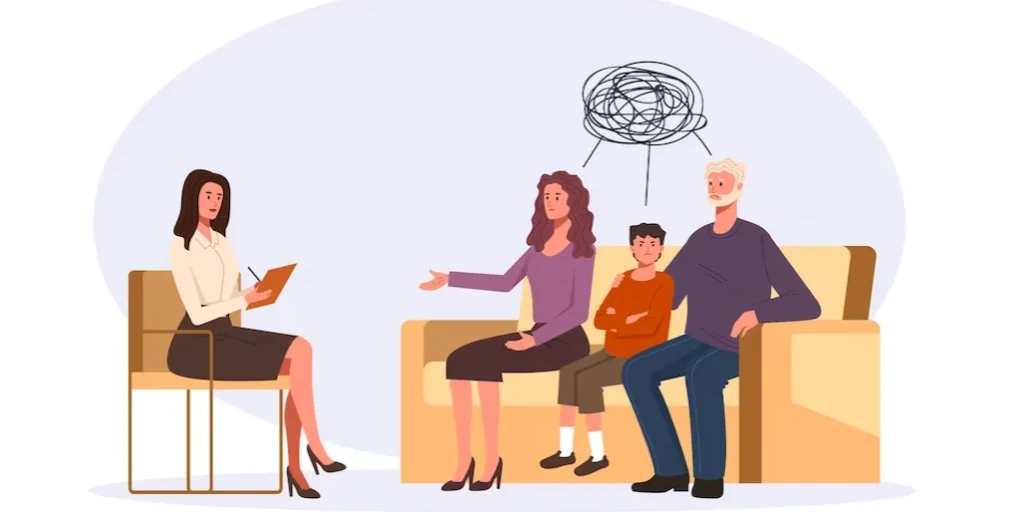24/7 Helpline:
(866) 899-221924/7 Helpline:
(866) 899-2219
Learn more about Dual Diagnosis Rehab centers in Kent County
Dual Diagnosis Rehab in Other Counties

Other Insurance Options

GEHA

Magellan

Medical Mutual of Ohio

Humana

EmblemHealth

Carleon

State Farm

Premera

BHS | Behavioral Health Systems

Sutter

Multiplan

Anthem

Optum

Meritain

PHCS Network

WellCare Health Plans

Excellus

Kaiser Permanente
Beacon

Choice Care Network

Kent County Behavioral Health – A. F. Whitsitt Center
Kent County Behavioral Health is an accredited dual diagnosis and addiction rehab center located in ...

For All Seasons
For All Seasons provides a full continuum of bilingual outpatient behavioral health services and off...
































































































Eastern Shore Alano Club
Eastern Shore Alano Club is a non-profit rehab located in Chestertown, Maryland. Eastern Shore Alano...

Corsica River Mental Health Services – CRMHS Chestertown
Corsica River is a non-profit mental health and substance abuse clinic providing treatment to all mi...

CBH Chestertown: Kent County
CBH Chestertown: Kent County is a public rehab located in Chestertown, Maryland. CBH Chestertown: Ke...








































